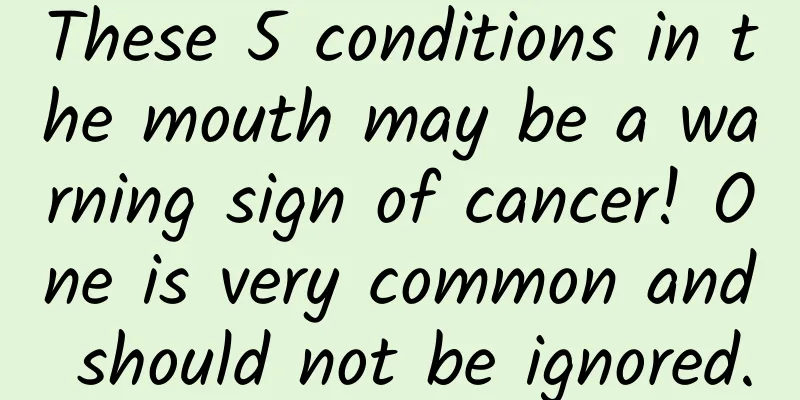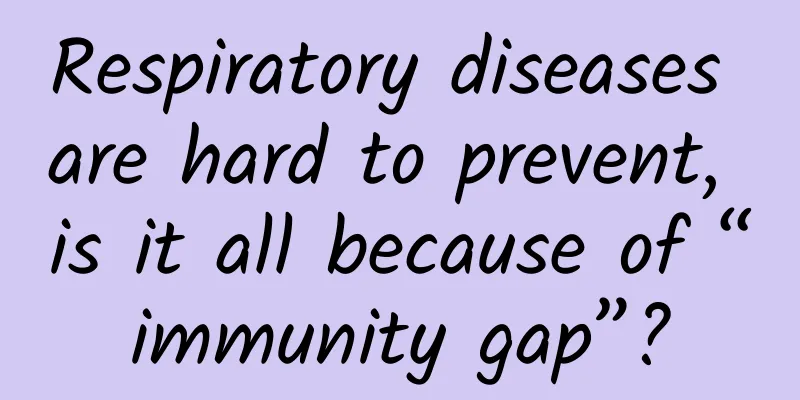[Medical Q&A] How to care for children who have the flu?
![[Medical Q&A] How to care for children who have the flu?](/upload/images/67f0ff84073b9.webp)
|
Planner: Chinese Medical Association Reviewer: Huang Lei, deputy chief physician, Fifth Medical Center, PLA General Hospital When a child gets the flu, it is most important to provide good fever care! (1) Fever care: Fever is not a disease, but a symptom. It is the child's own process of fighting against germs. This process is beneficial to the human body and can serve as an alarm when sick. Although fever itself is harmless, children will feel uncomfortable, thirsty, and even dehydrated. At this time, parents should try to reduce the child's discomfort and replenish water. 1) Physical cooling: Lower the ambient temperature, keep the room temperature between 24 and 26 degrees Celsius, loosen the child's clothes or wrap them in blankets to promote skin heat dissipation. Remember not to wrap them in a blanket to keep them warm! 2) Warm water sponge bath: It is best to use a sitting position, with the water temperature at 30-36℃, and last for 30-40 minutes to achieve a better cooling effect. Remember not to use cold or ice water, otherwise it is easy to cause chills, which will increase the body's heat production and make the body temperature higher. Do not use ethanol sponge bath to avoid ethanol poisoning! If the child's hands and feet are cold, in addition to using warm water to cool the high-temperature skin areas, the cold extremities of the hands and feet need to be kept warm. You can use hot water to soak the hands and feet, wrap the hands and feet with a hot towel, rub the hands and feet with both hands, etc. to promote local blood circulation and achieve a warming effect. 3) Medication to reduce fever: If the body temperature is ≥38.5℃ and the child continues to have a high fever, you can refer to the instructions or consult a doctor to take antipyretic drugs. Acetaminophen and ibuprofen are the most commonly used antipyretic drugs for children with fever. Remember not to use aspirin-like drugs on children. (2) Convulsion care: If a child has a high fever convulsion, the child should be laid flat immediately with the head tilted to one side to prevent tongue bite and clear respiratory secretions. If the convulsions occur frequently, go to the hospital immediately for medical treatment. (3) Medication care: Be sure to follow the doctor's instructions and give your child antiviral drugs on time and in the correct dosage. Generally, take the drugs half an hour after a meal to prevent the child from vomiting. |
<<: Early recognition and emergency treatment of cardiac arrest
>>: [Medical Q&A] How to care for children with measles?
Recommend
List of things pregnant women need to prepare
Some people say that having a child is like fight...
No menstruation after induced abortion for two months
The body is still in the recovery stage after the...
If noodles don’t get soft even after being cooked for a long time, is it because industrial glue has been added and they cannot be eaten?
gossip "Noodles that don't get soft afte...
How long will the strong positive period last during ovulation?
Many women do not have a good understanding of th...
@Parents of college entrance examination candidates: Please check this college entrance examination dietary guide!
The college entrance examination is a big event f...
What should girls eat during pregnancy?
During pregnancy preparation, couples usually adj...
Menstrual bleeding after taking birth control pills?
Birth control pills are a common method of contra...
How to massage breasts to dredge mammary glands and promote milk secretion
Many pregnant women will experience breast blocka...
What are the two animals on the national emblem of Mauritius? Which continent does Mauritius belong to?
Mauritius is surrounded by coral reefs, and the l...
Will chronic gastritis turn into cancer over time? How to prevent gastric cancer with chronic gastritis
Nowadays, there are more and more delicious foods...
Eating the wrong snacks may harm your health! If you are hungry, why not eat these...
Expert in this article: Wang Silu, National Senio...
What food should women eat for insomnia?
Insomnia is a condition that we often encounter i...
What is the treatment for back pain after childbirth?
Back pain after childbirth brings great pain to m...
Is it normal to have no bleeding after an abortion?
Abortion is a very common surgery nowadays, which...
What to check in early pregnancy
In the early stages of pregnancy, as the secretio...









